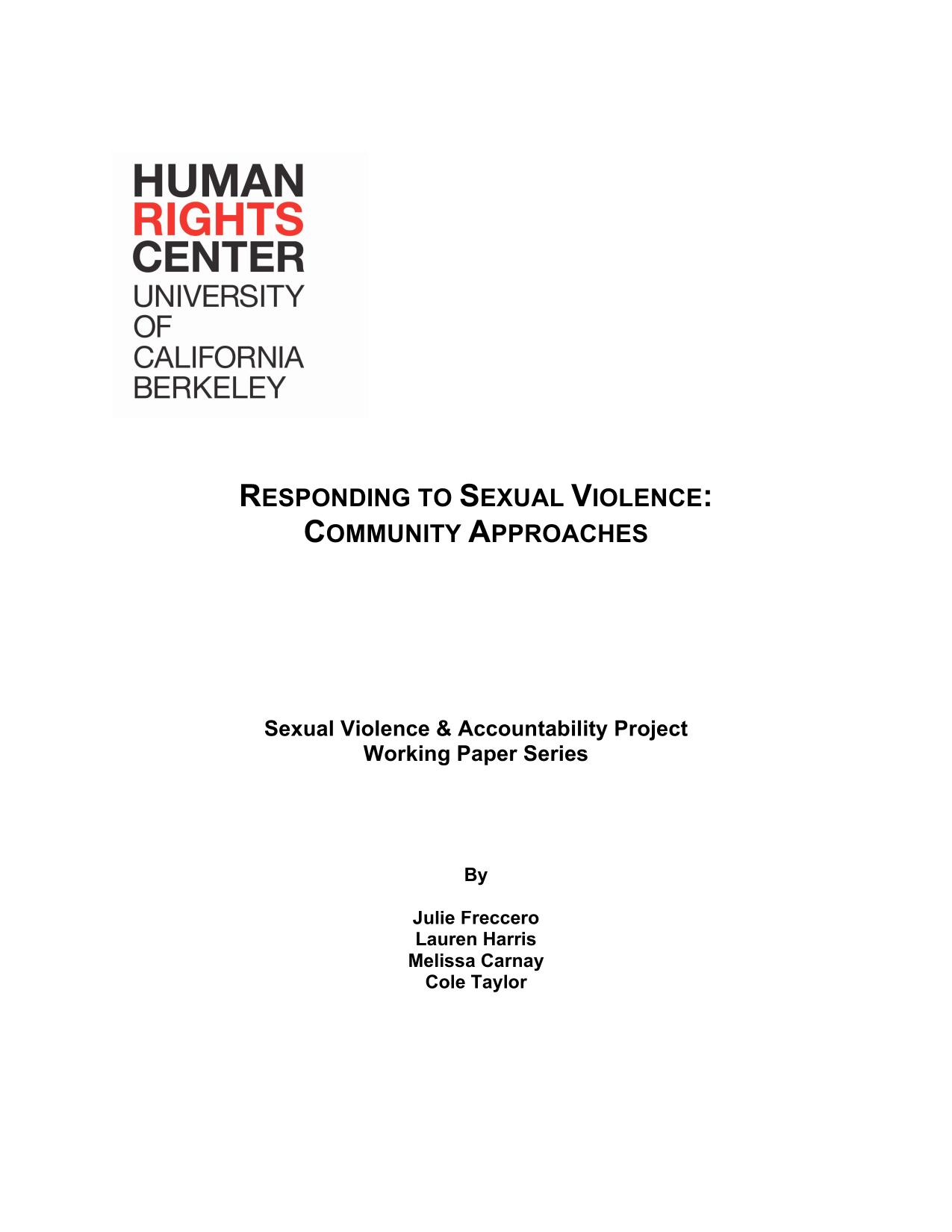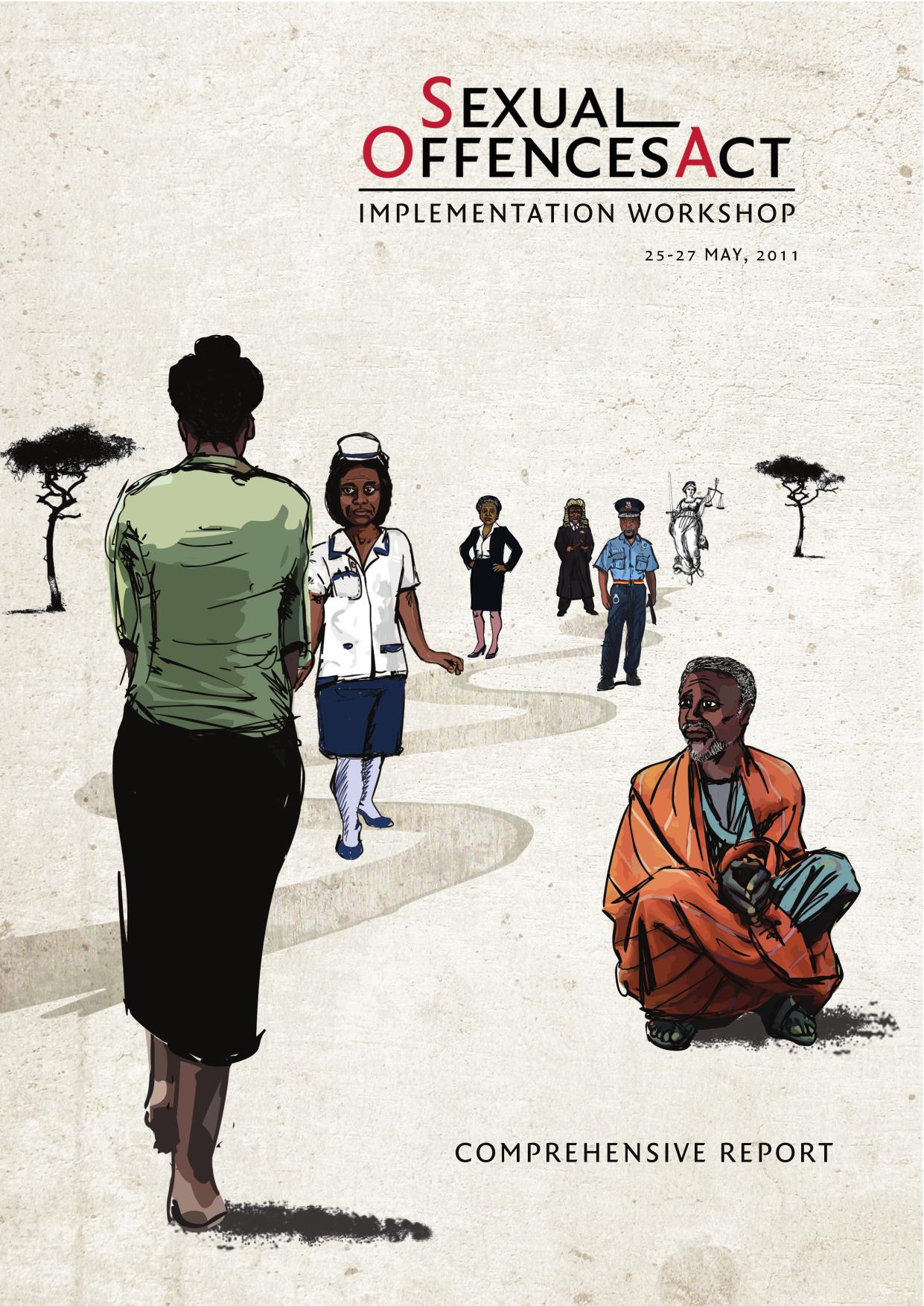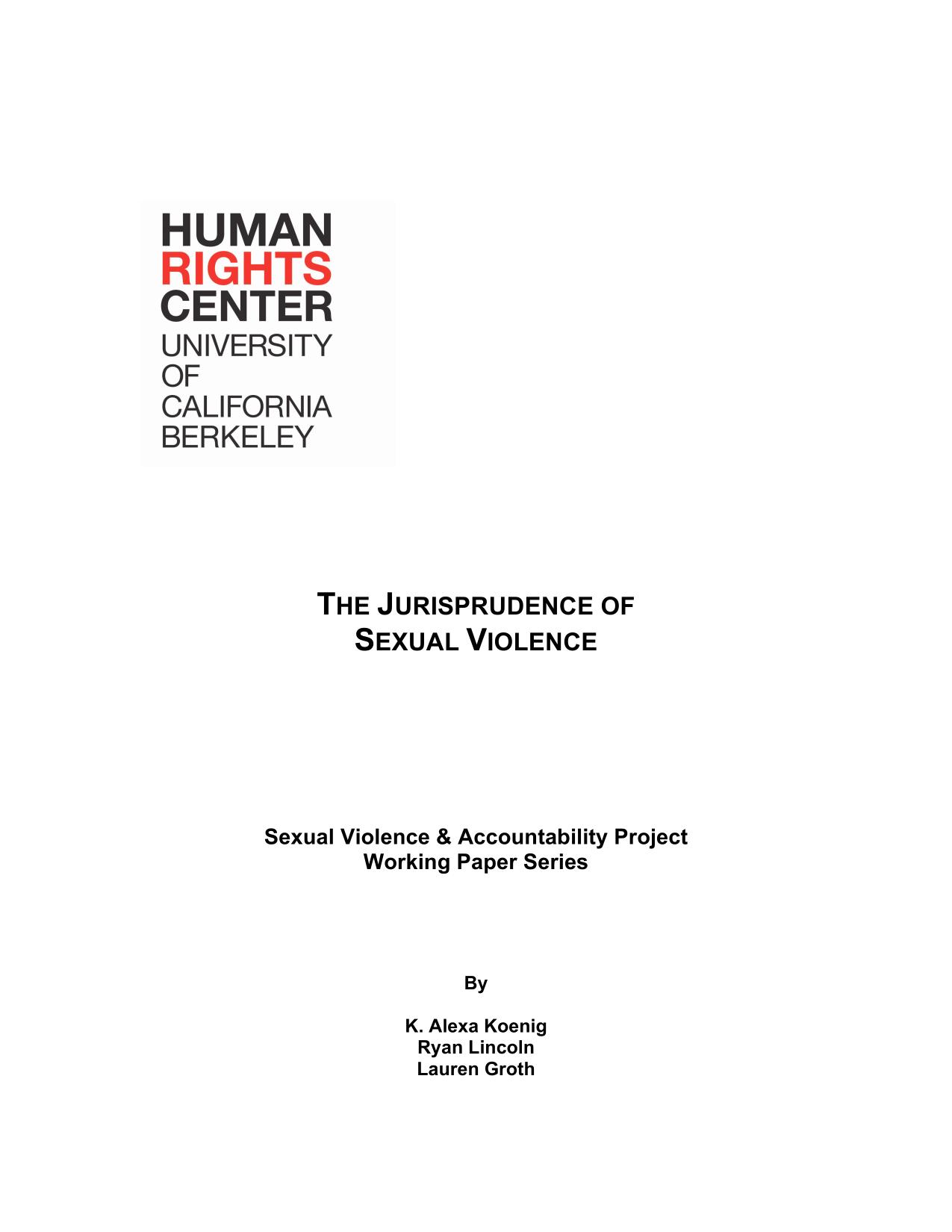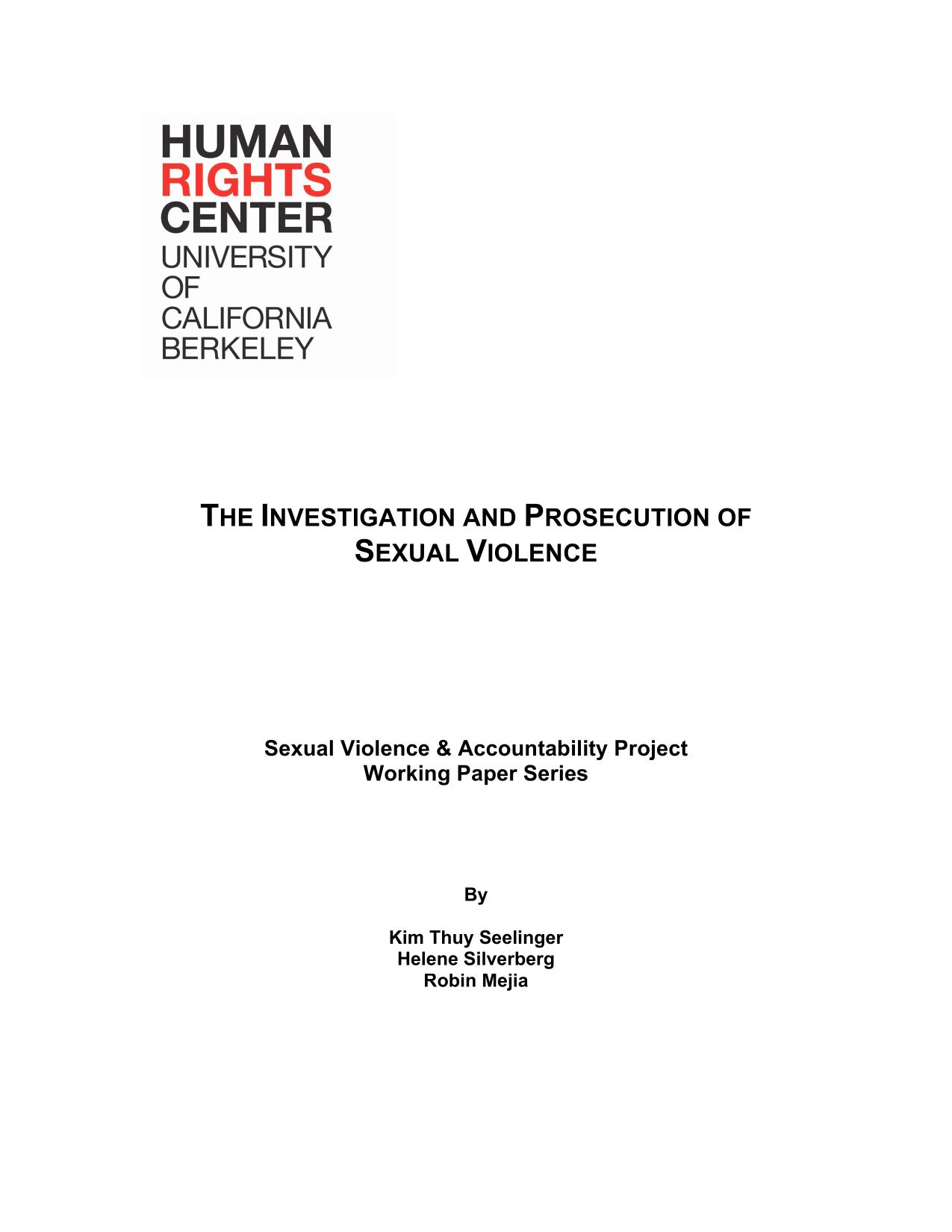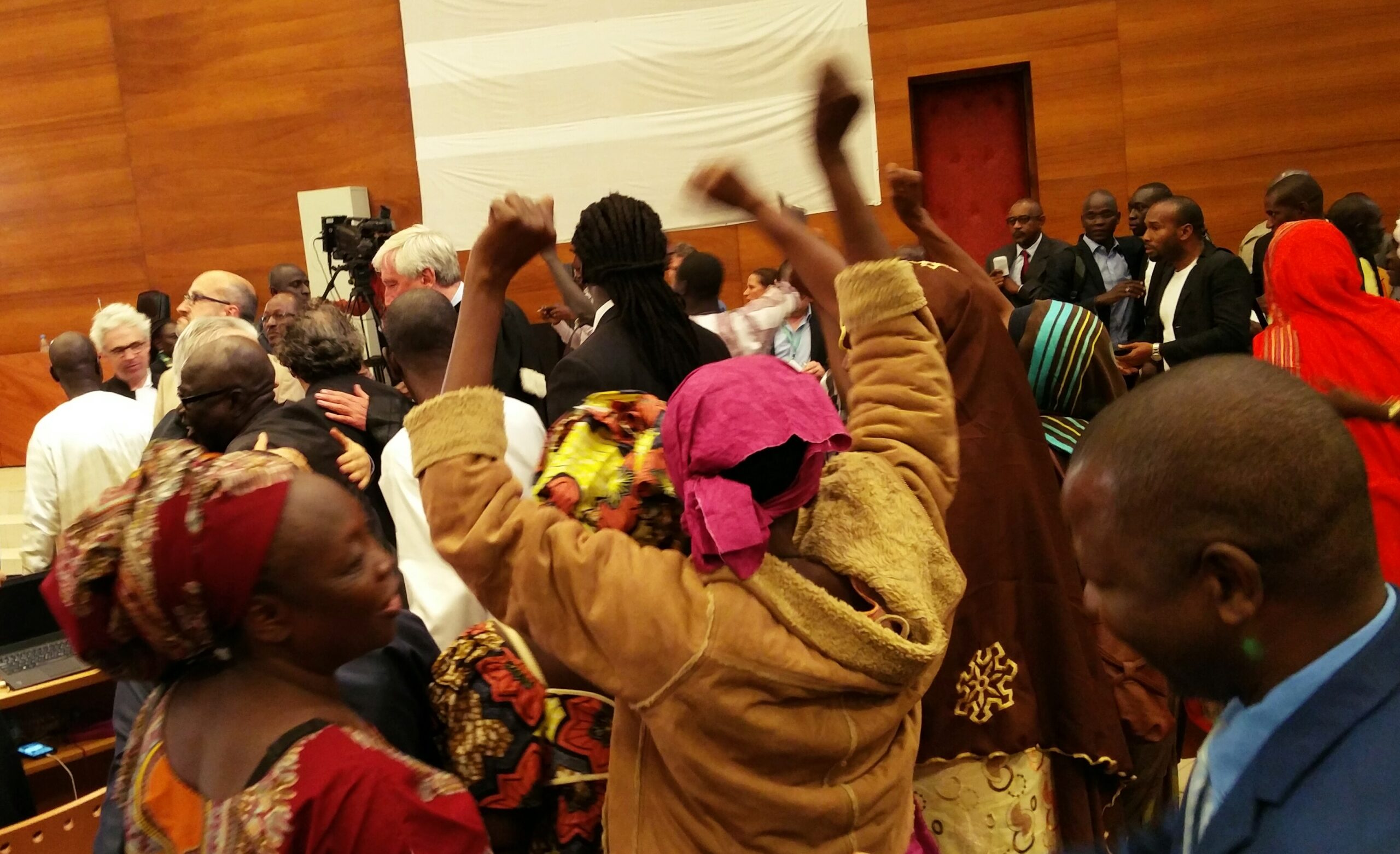Responding to Sexual Violence: Community Approaches
Download PDFSummary
The devastating effects of sexual violence on victims can be mitigated not only by effective professional responses but also by contributions from para-professionals and community-based organizations. This paper focuses on community-based approaches as a means of bolstering systems of accountability for sexual violence and facilitating recovery for victims. These approaches serve three crucial functions: 1) educate community members and service providers, 2) offer support to victims, and 3) reinforce institutional capacity. These approaches can enhance the ability of victims to pursue accountability by addressing their needs, developing organizational capacities, and linking individual actors and institutions to community networks,. The first and second sections of the paper describe the effects of sexual violence on individuals and the community at large. It also discusses how socio-cultural factors affect community responses to sexual violence. The third and fourth sections identify key actors and community interventions. The fifth section examines the role of “individual guides,” such as paralegals, case workers, and community organizers, can play in aiding victims who wish to pursue justice. The third part of the paper explores the role of “group guides,” such as community-based organizations and associations, in the pursuit of accountability. The final section delineates “coordinated community response” models, programs implemented by networks of individuals and organizations. This paper is part of a Working Paper Series published by the Sexual Violence and Accountability Project, at the Human Rights Center, University of California, Berkeley Law School. Along with three other Working Papers, it was drafted in preparation for the “Sexual Offences Act Implementation Workshop” to be hosted by the Human Rights Center in Kenya, in May 2011. It will be presented to the cross-sectoral stakeholders tasked with responding to sexual and gender-based violence in Kenya, to frame discussion about the potential use of community-based accountability mechanisms in Kenya.
